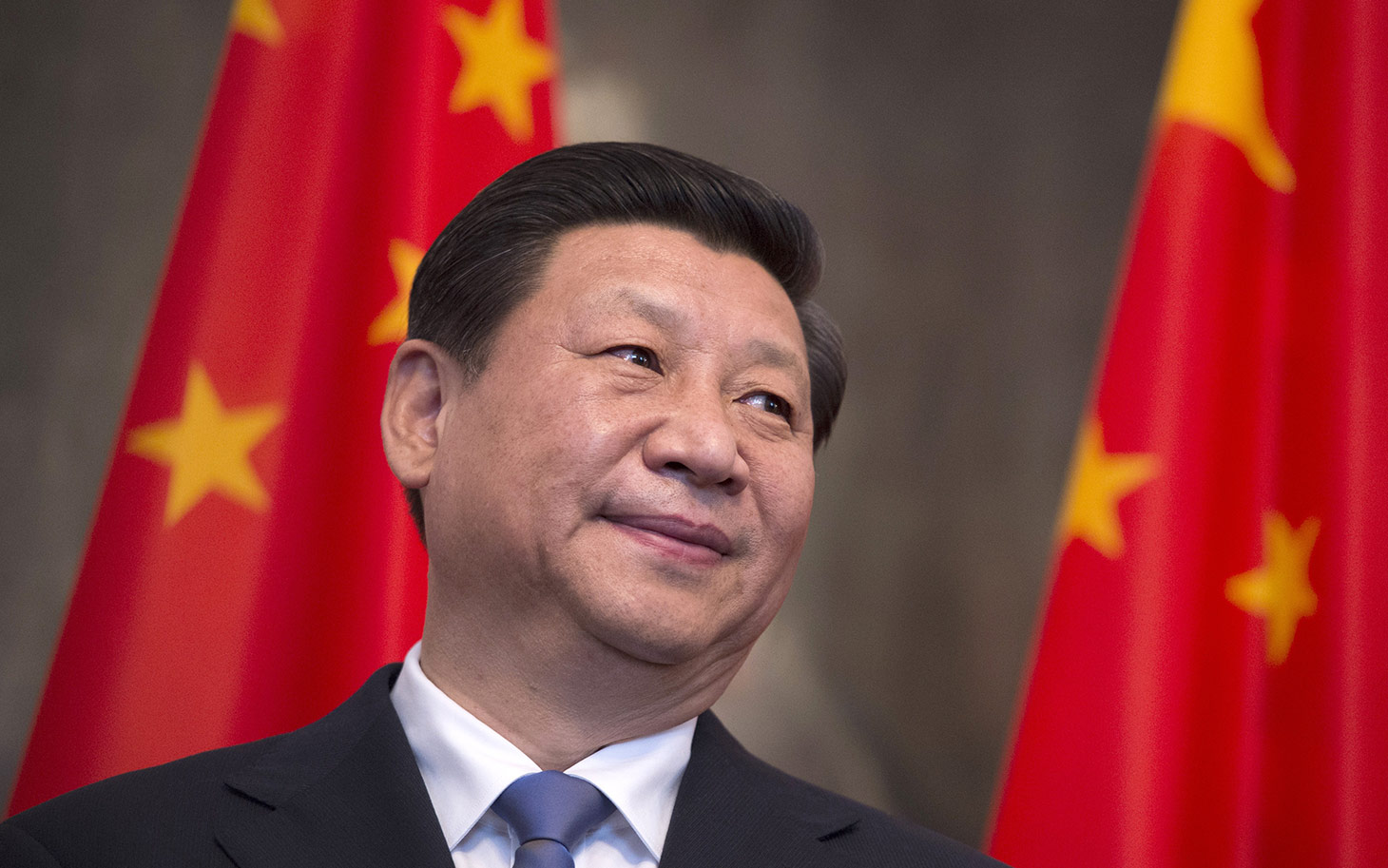This is how China’s race for technological innovation worries the US

China's industrial planning evolves with US concerns, writes the Wall Street Journal
For decades, China has pursued a centrally planned economic policy pattern that the United States was happy to watch.
But a subtle but critical recalibration by Beijing, which began nearly 15 years ago, recently raised alarm in Washington about China's goals and tactics – not least because China is catching up in many cases by adopting past US approaches – writes the WSJ .
Chinese central planning once highlighted Soviet-style objectives for agricultural and industrial production. Beijing still uses the five-year plans, but now directs resources into basic science research with industrial applications.
China's foray into areas such as artificial intelligence and robotics, once dominated by the United States, helps explain the Biden administration's inclination towards industrial development policies, such as spending government money to reassert competitiveness in manufacturing. of semiconductors .
“Decades of neglect and divestment,” President Biden lamented in June, “have left us at a competitive disadvantage as countries around the world, such as China, have poured money and attention into new technologies and industries, leaving us at risk. real to be left behind ".
Beijing also emulates Washington, pouring government investment into its own versions of US government research centers, such as the National Institutes of Health, the Defense Advanced Research Projects Agency, and the National Aeronautics and Space Administration.
China aspires to be the first "government-led market economy," writes University of California, San Diego professor Barry Naughton in his newly published book, "The Rise of China's Industrial Policy, 1978 to 2020".
The first five-year economic plan of the late Chinese leader Mao Zedong in 1953 included the production of the first Chinese automobile, his first jet plane and the first modern bridge over the Yangtze River, while the second plan launched in 1958, known as the Great Leap in forward, it was a disastrously ill-conceived attempt to rapidly develop agriculture and steelmaking.
The planning tradition survived Mao. China has long impressed Western politicians because the party's centralized leadership charted the future, telegraphing clear objectives to officials, financiers and executives years in advance, helping attract hundreds of billions of dollars in foreign investment and becoming a power. productive.
China's industrial policy has focused on job creation and growth at home, but it has benefited international business. After the country joined the World Trade Organization in 2001, Beijing's plans also included the dismantling of bureaucratic control of commercial activity.
Naughton traces the first hints of a new approach to the period around the 2008 global financial crisis, when Beijing increased funding for mega-projects such as an airliner to compete with those made by Boeing Co. and Airbus SE and its own version made in the home of the United States Department of Defense Global Positioning System.
After taking power in 2012, President Xi Jinping promoted a world view of industrial and technological domination as a political and security imperative. With terminology that suggests self-sufficiency goals, Chinese planning has targeted globalized sectors such as automobile manufacturing, putting government money and regulation behind new concepts, such as electrification.
More recently, China has shown proficiency in more future-oriented areas, such as quantum computing, challenging the cutting-edge Western nations. Mr. Naughton's research finds that a single source of government priority money, "industry-oriented funds," could have raised as much as $ 1.6 trillion in funding through mid-2020, mostly in the preceding six years. .
For Chinese scholars like Justin Yifu Lin, a Peking University professor who was the World Bank's chief economist, China hasn't changed its philosophy or approach and instead has always focused on industries where it had a competitive advantage. Before the early 2000s, this meant that, effectively, "China was not competing with the United States," says Mr. Lin.
"The change in perception is because you feel a threat," he adds, addressing America directly. “You have welcomed [development] in the past because industrial upgrading has contributed to China's dynamic growth, and made the Chinese economy much bigger for your industries. So you were happy ”.
Columbia University economist Jeffrey Sachs says Beijing is investing in itself to advance technologically, as the United States has done, and US policymakers' concerns that this is unfair are "enormously inflated, inaccurate, naive and unprincipled."
Today, 38% of multinationals say their operations in China are adversely affected by Beijing's industrial policies, according to a survey of US-China Business Council members published in August, more than three times the two-year rate. first.
Beijing's political thinkers are preparing their defense by dusting off “Entrepreneurial State”, a 2013 book by Italian economist Mariana Mazzucato. The book argues that US government-led innovation has been the key change agent for American private industry; for example, how GPS helped make Apple's iPhone a truly smart device.
“This is not communism. This is exactly what the US has done, ”he said in an interview.
Chinese government-funded programs will take years to prove their worth. “Whether or not the industrial policies that have been followed in the most recent decade will contribute to China's technological and economic prowess is still unclear,” says Mr. Naughton's book.
Still, Washington is obsessed with beating China. The US must decide whether it is worth putting government money into innovations that could fail, said Christopher Johnson, a former US intelligence analyst and chairman of Washington's China Strategies risk advisory group. "The Chinese have decided it's worth it."
(Extract from the foreign press review by Epr Comunicazione)
This is a machine translation from Italian language of a post published on Start Magazine at the URL https://www.startmag.it/economia/ecco-come-la-corsa-allinnovazione-tecnologica-di-pechino-impensierisce-gli-usa/ on Sun, 12 Sep 2021 05:45:47 +0000.
